The Value of Dyslexia by Made By Dyslexia and EY
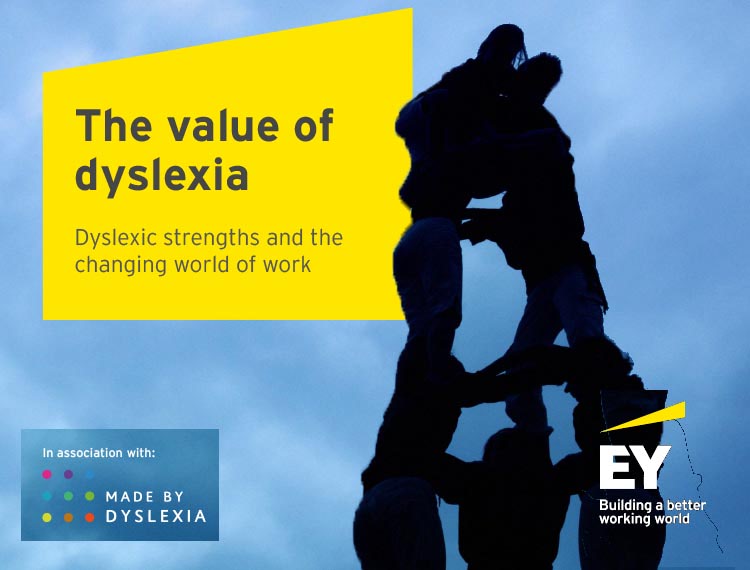
Educators and employers have a role in unlocking the potential of the 6.6 million people in the UK – 700 million globally – thought to have dyslexia
A new report written solely by dyslexic individuals, shows that greater awareness of dyslexic abilities, and support in education and employment can help realise the value of dyslexia.
The unique way dyslexic people view and interact with the world could help companies meet the challenges of business in the 21st century, according to the ground-breaking new report, ‘The Value of Dyslexia‘, by EY and the charity Made by Dyslexia. It identifies that dyslexic individuals hold a unique set of skills that will be important to our future workforce.
Cognitive flexibility, creativity, visualisation and complex problem solving – all recognised as key strengths of dyslexic individuals – will become increasingly valuable as all sectors of industry embrace new technology in what is often termed the ‘Fourth Industrial Revolution’.
With more than 6.6 million people in the UK – just over one in ten – thought to have dyslexia, the potential is huge. However, the report found that businesses have a lot more to do to maximise the potential of dyslexic individuals in their workforce.
The Value of Dyslexia report highlights how key traits of dyslexic thinkers fit with the workforce strategy, skills and employment possibilities identified in the World Economic Forum’s Future of Jobs report (2016).
Developed with the support of charity Made By Dyslexia, the Value of Dyslexia report is the first research project of its kind and was carried out solely by a team of dyslexic individuals at EY.
Kate Griggs, founder and CEO, Made By Dyslexia said:
“Our report clearly outlines the huge value in dyslexic thinking, and the important role it will play in the future. If we’re to prepare dyslexic individuals and enable them to flourish, we must ensure that educators and employers are enabled and empowered to recognise and support this valuable way of thinking.
“As this report finds, in education, a limited knowledge of dyslexic abilities and traditional approaches to exams can influence dyslexic individuals from reaching their full potential. This, coupled with a focus on dyslexic challenges, means that valuable dyslexic strengths are often missed. There needs to be a refocusing, now more than ever, of how dyslexic ability is viewed and nurtured.”
Steve Varley, EY’s UK Chairman, added:
“The report shows that dyslexic individuals already have some of the skills that will be in high demand in the future; among them, creativity, complex problem solving, and programming. A business where neurodiversity is better understood and the strengths of dyslexic individuals are harnessed, could well become more innovative and better placed for the rapidly changing world of work.”
Made By Dyslexia is using the report to call for better understanding and support in education to ensure that future creatives, entrepreneurs and problem-solvers are given the support to realise their potential – starting at school and running right through to the world of work.
The charity believes policymakers and schools need to bolster their efforts to better identify dyslexics early on, and consider introducing more supportive ways of teaching dyslexic students, to help cultivate this untapped talent. Often, if dyslexic individuals don’t receive the support they need either at home or at school during their formative years, they lack confidence later in life, which can impact their career prospects over the longer term, says the report.
The report also makes a series of recommendations for businesses to get the most out of their dyslexic employees. This includes guidance on hiring, how to nurture employees, and on how to shape a workplace culture that actively encourages and supports dyslexics.
Made By Dyslexia will explore the findings of the report and examine how Government and business can integrate the talents of dyslexics into the future workforce at the first-ever Global Dyslexia Summit, which will take place in central London on 15 October.
The event will feature high-profile business leaders, politicians and sportspeople who have embraced their dyslexia in their own careers.
Watch a live stream of the Summit here Monday, 15th October 2018, 5.30pm to 9:15pm
Made By Dyslexia is a global charity, led by successful dyslexics, that aims to democratise dyslexia support so every dyslexic child is identified and enabled to get the right help to fulfil their potential.
Organised by Made by Dyslexia, a charity led by successful dyslexics aiming to help the world properly understand and support dyslexic thinking, the event, hosted by TV presenter Rick Edwards, will give you a true insight of how individuals with dyslexia think.
Speakers include the Founder of Made by Dyslexia Kate Griggs, Secretary of State for Health and Social Care the Rt Hon Matt Hancock MP, rugby player Chris Robshaw, interior designer Kelly Hoppen MBE, Soho House founder Nick Jones MBE and space scientist Maggie Aderin-Pocock MBE all offering a personal perspective on how dyslexia has influenced their lives and contributed to their success.
Key findings – Value of Dyslexia report
REPORT METHODOLOGY – how did you conduct the research?
- The World Economic Forum’s ‘Change in Demand for Core Work-Related Skills’ report (2016) formed the basis of the research. It identified the skills and abilities that would be required in the workplace by 2020.
- Working with psychologists and psychometricians, Made by Dyslexia conducted more than 1,000 interviews with dyslexics to identify the key skills of those with dyslexia.
- EY combined Made By Dyslexia’s dyslexic thinking skills and The World Economic Forum’s core work related skills/abilities and mapped out the number of connections between each skill with positive association. This associates dyslexic skills with core work-related skills at an individual level.
WHAT DOES THE REPORT SHOW?
- The report shows that dyslexic individuals hold a unique set of skills that will be important to our future workforce.
- Educators and employers have a role in unlocking the potential of the 6.6 million people in the UK – 700 million globally – thought to have dyslexia. The report was written solely by dyslexic individuals, shows that greater awareness of dyslexic abilities, and support in education and employment can help realise the value of dyslexia.
- The report goes on to highlight ‘Thinking Skills’ that dyslexics excel at. These are divided in six categories: Reasoning, Connecting, Exploring, Communicating, Imagining and Visualising.
SHAPING OUR VIEW ON EDUCATION AND THE WORLD OF WORK
- To better understand how education affects the lives and career prospects of those with dyslexia, the report draws on evidence from the interviewees to imagine the lives of four ‘individuals’ with the condition:
- Persona 1 — Chris, dyslexia doesn’t play an important role in day-to-day life
- Persona 2 — Michelle, experiences multiple challenges with dyslexia and doesn’t receive the
- necessary support
- Persona 3 — Shreya, actively seeks support and techniques to compensate for dyslexic challenges
- Persona 4 — Tom, dyslexia was a challenge early in life, now it’s fully embraced as a strength
- These personas explain how education has impacted their lives and shaped their attitude to dyslexia. Where schools and colleges have identified the dyslexia and offered appropriate support, the individual has prospered. Typically, education does more than just nurture skills.
- Early intervention – and a work environment that is open to the different abilities of dyslexics – has a more positive outcome. Workplaces are encouraged to foster an atmosphere of support and make the tools available to get the best out of staff.
EDUCATION CONCLUSIONS
- A lack of knowledge about dyslexia both from the school and individuals can be a frustrating and exhausting experience for children and parents. Assessments can provide clarity for recognising abilities and the access to this testing is fundamental to reducing cyclical school failure.
- The recognition of dyslexia as early as possible is critical for children to understand their weaknesses and strengths. Tailoring support is a crucial factor for dyslexic children to succeed in education.
- The value of dyslexic skills is often lost in preconceptions associated with a different way of learning and working. Dyslexics can prosper when ideas valued as part of the learning process.
- Support provided by school and particularly, one-to-one tuition can contribute hugely to building confidence. Appropriate funding is vital for schools.
EMPLOYMENT CONCLUSIONS
- The life experiences of individuals tends to shape how they feel about their dyslexia – some are comfortable mentioning it and asking for help; others stay quiet because of a perceived negative association.
- By focusing on their strengths, dyslexics have increased confidence. Individuals prosper in workplaces that offer tailored support, such as assistive technology, mentoring and coaching.
RECOMMENDATIONS FOR BUSINESSES
- Implement a Strengths-Based Working Culture
- A strengths-based working culture that is psychologically safe (reference) for dyslexic individuals will enable dyslexics to contribute more consistently. This starts with a committed leadership agenda, recognising the strengths and value of dyslexic abilities which would in-turn inform the behaviours of the organisation.
- Create Better Access to Information
- Access to testing and support are crucial to ensure that both challenges and strength can be recognised supported. Even more, in the workplace, there will be dyslexic individuals right now who don’t even know they’re dyslexic. Ensuring that testing and support is readily available will enable dyslexic talent to be better understood and realised. The development of online resources can greatly influence a broader understanding of dyslexia.
- Implement Tailored HR Practices
- In order to harness the abilities commonly associated with cognitive differences, a strengths based approach should become part of day to day work. Human resources should create processes that are consistent with that culture. Human resource teams will need to be drive initiatives that embed new ways of working in the organisation.
- This can be done in a number of ways
- Hiring: removing process that hires ‘in the company’s own image’ to realise diversity of thought and the benefits it brings. Consider the applicability of psychometric testing in the application process to the role.
- Testing for dyslexic traits: Create easy access to testing. Organisations should consider streamlining testing and work with partner companies to innovate practice to reduce costs and improve speed of analysis.
- Adjustments: Whilst reasonable adjustments are beneficial, consider how individual traits are recognised to fit to roles before considering adjustments on a strengths basis. We are confident that there would also be benefits to mental health in the workplace.
- Performance: Consider the appropriateness of generalised performance criteria that may weight assessment to dyslexic weaknesses. Implement more flexible and immediate feedback processes.
- Training: Managers should be trained to understand dyslexic traits and the implications and impacts to ways of working. Open conversations about ability can position dyslexics in the right direction and support more rapid development.
- Networks and Mentoring: Having a support structure and dyslexic mentoring is invaluable in supporting dyslexics – organisations should be proactive in encouraging dyslexic individuals to volunteer and be involved in creating a better working environment.
About Made by Dyslexia: Led by successful dyslexics. Our mission is to help the world properly understand and support dyslexia by developing campaigns and tools to explaining dyslexic thinking. Dyslexic minds process information differently. Their divergent, lateral thinking has created some of the world’s greatest inventions, brands and art. Yet dyslexia is still perceived as a disadvantage. Schools aren’t designed for dyslexic thinking; most teachers aren’t trained in dyslexia, meaning many go through life without knowing they’re dyslexic. We aim to democratise dyslexia support so every dyslexic child is identified and enabled to get the right help, and to understand their potential.
About EY: EY is a global leader in assurance, tax, transaction and advisory services. The insights and quality services we deliver help build trust and confidence in the capital markets and in economies the world over. We develop outstanding leaders who team to deliver on our promises to all of our stakeholders. In so doing, we play a critical role in building a better working world for our people, for our clients and for our communities.





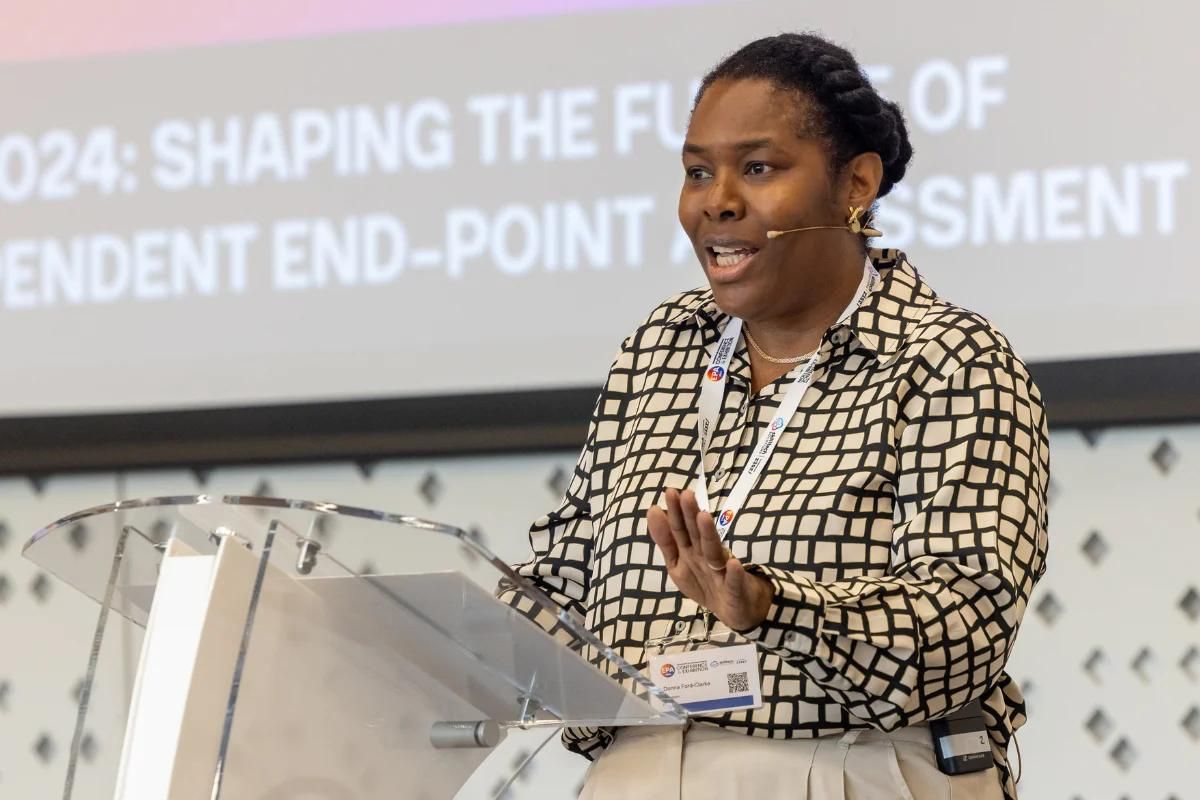
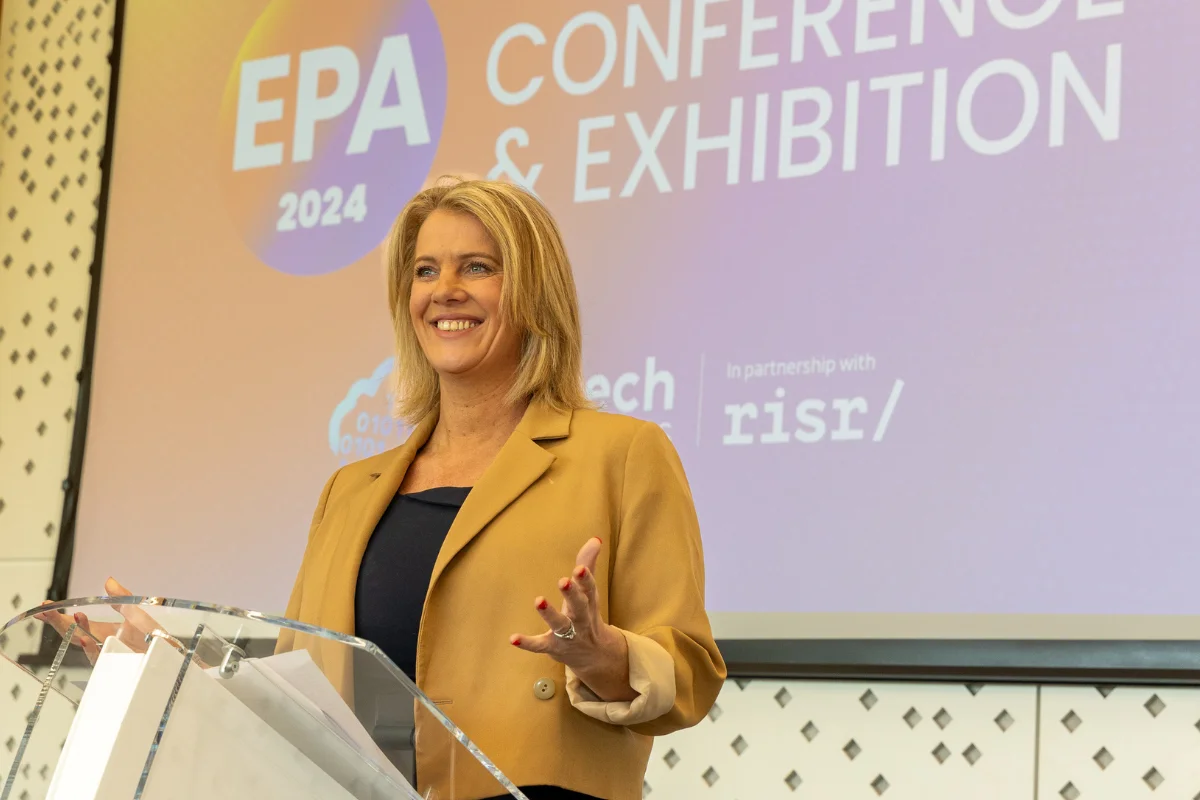


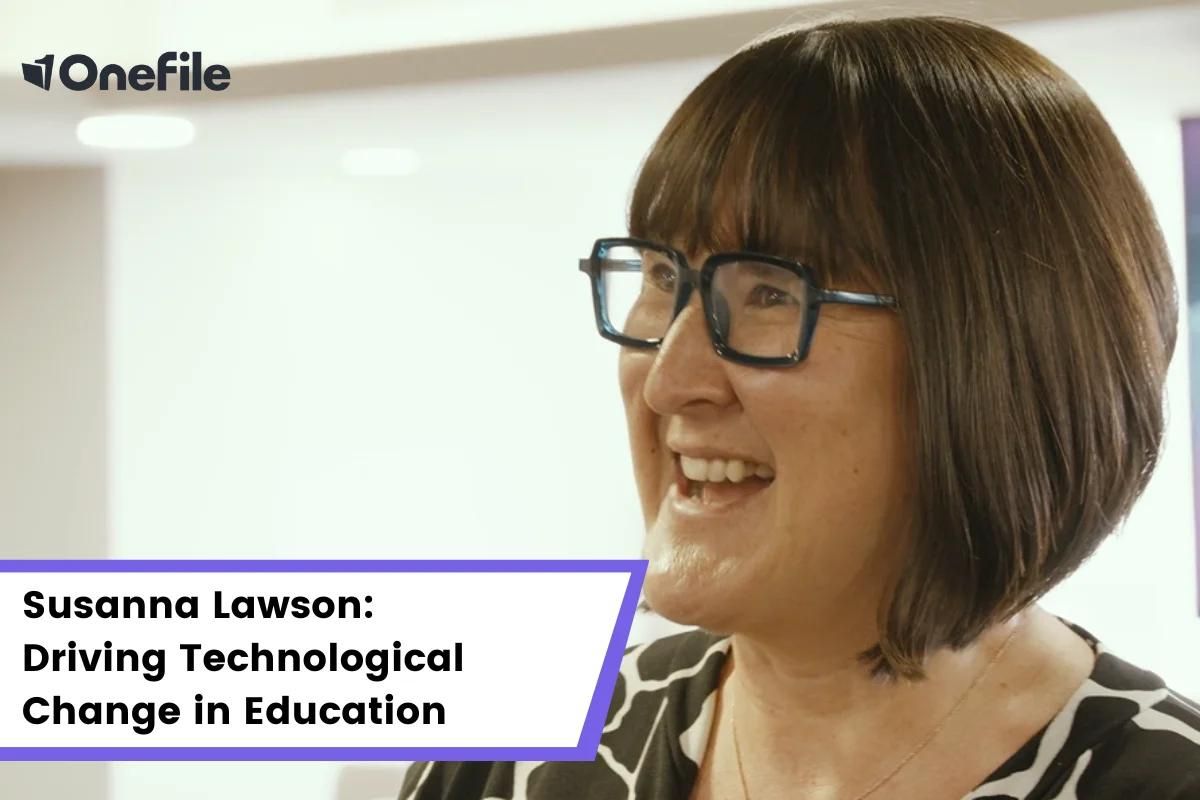
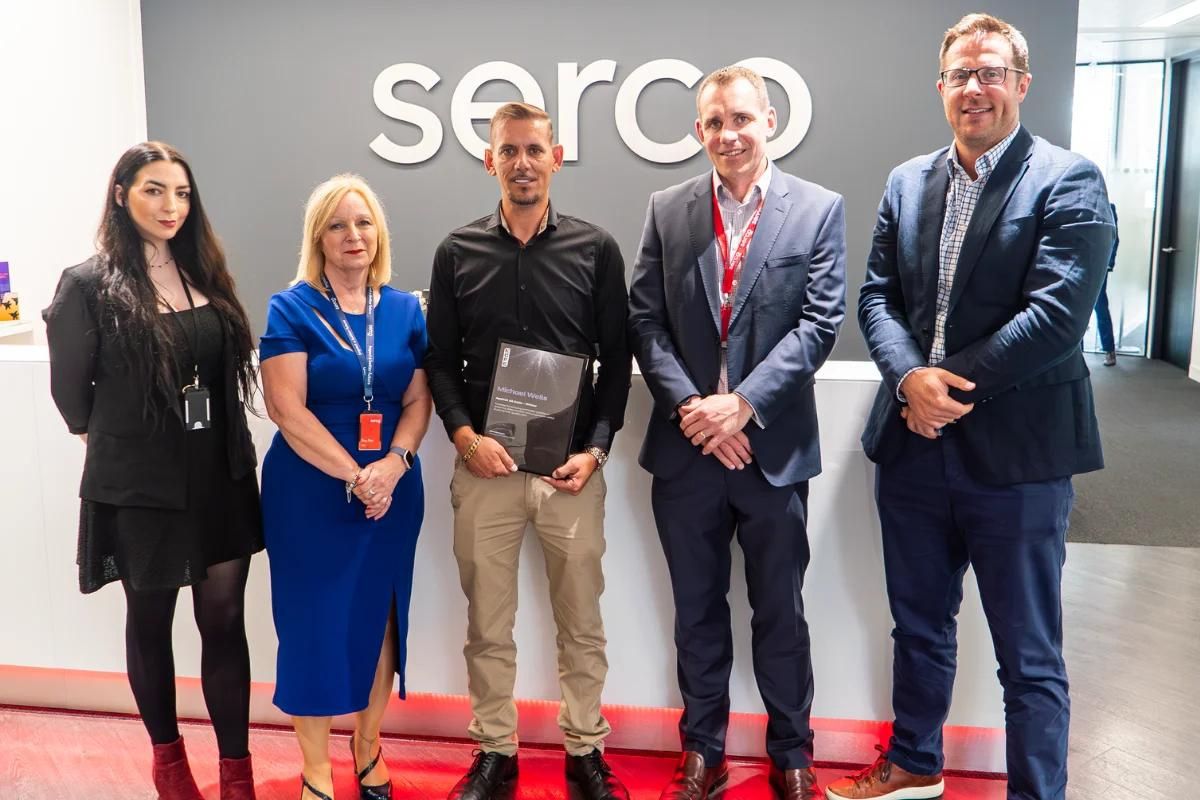
Responses